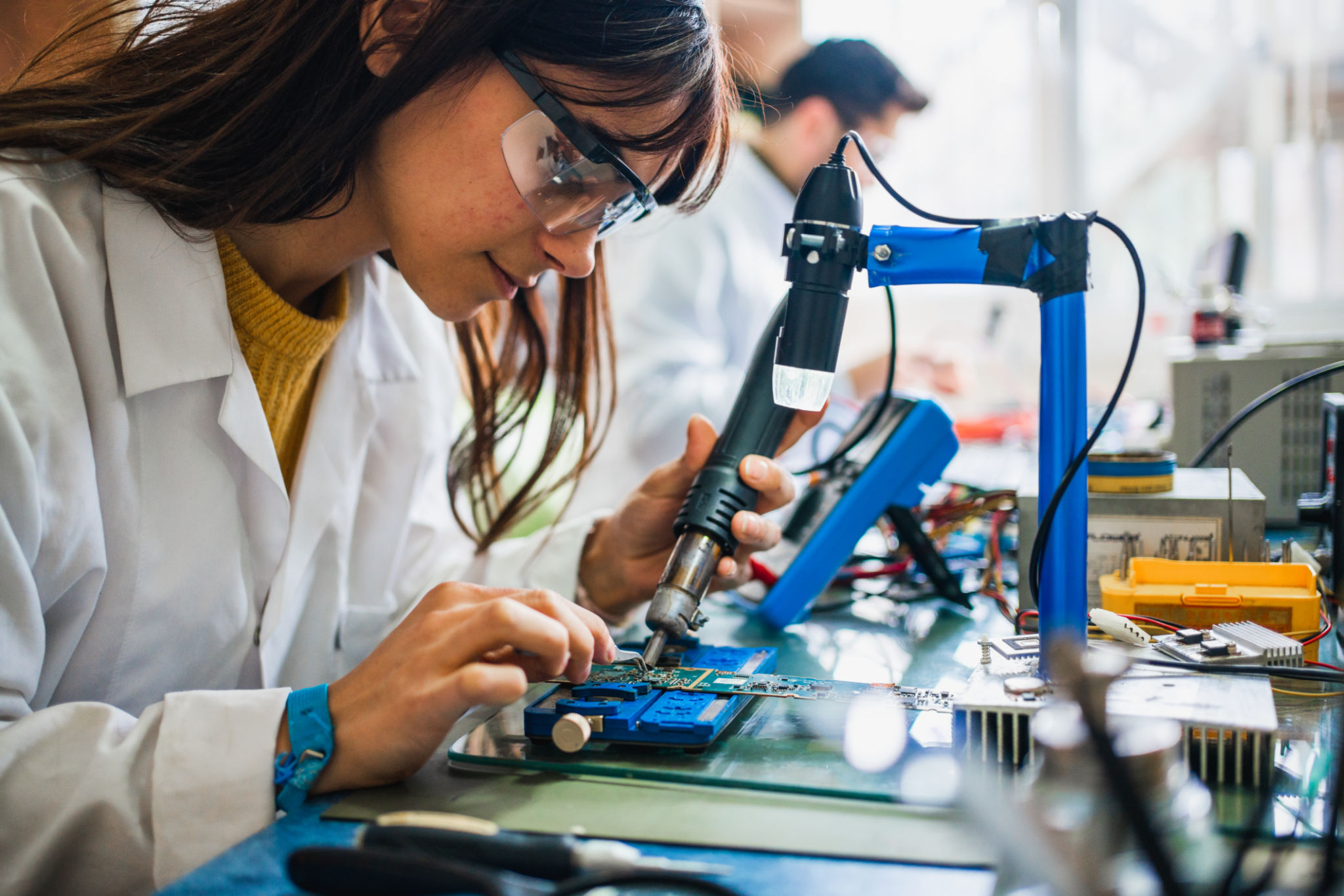The Environmental Impact of Hardware Manufacturing: How to Choose Eco-Friendly Options
Al
Understanding the Environmental Impact of Hardware Manufacturing
In today's rapidly advancing technological world, the demand for new hardware continues to escalate. However, this surge in production has significant environmental consequences. From the extraction of raw materials to the disposal of outdated devices, every stage of hardware manufacturing contributes to environmental degradation. Recognizing these impacts is crucial for consumers and businesses striving to make eco-friendly choices.
The manufacturing process begins with the extraction of raw materials such as metals and plastics. This often involves mining activities that can devastate ecosystems and pollute natural resources. Furthermore, the energy consumption required for processing these materials into usable components is substantial, often relying on non-renewable energy sources that contribute to carbon emissions.

The Lifecycle of Electronic Devices
The lifecycle of electronic devices includes several phases, each with its environmental footprint. Once raw materials are procured, they are transported to manufacturing facilities. This phase involves significant logistical operations that further increase carbon emissions. The assembly process itself often involves hazardous chemicals and generates waste that can harm ecosystems if not managed properly.
After production, electronic devices enter the market, where their usage also incurs environmental costs. Power consumption during a device's operational life can be substantial, especially if energy efficiency is not prioritized. Finally, when these devices become obsolete, improper disposal can lead to e-waste, which poses a severe threat to the environment due to toxic components.

Choosing Eco-Friendly Hardware Options
As awareness of environmental issues grows, both consumers and manufacturers are seeking ways to make more sustainable choices. One approach to reducing the environmental impact of hardware is opting for eco-friendly alternatives. Here are some strategies to consider when selecting hardware:
- Energy Efficiency: Choose products with high energy efficiency ratings. Look for certifications like ENERGY STAR that indicate reduced energy consumption.
- Recycled Materials: Support brands that use recycled or responsibly sourced materials in their products.
- Durable Design: Invest in hardware known for its longevity and reliability to reduce the frequency of replacements.

The Role of Manufacturers and Consumers
Manufacturers play a pivotal role in minimizing the environmental impact of hardware. By adopting sustainable practices such as reducing waste, utilizing renewable energy sources, and designing products for easy recycling, they can significantly lower their ecological footprint. Additionally, transparency regarding their manufacturing processes allows consumers to make informed decisions.
Consumers, on the other hand, have the power to drive change through their purchasing choices. By prioritizing eco-friendly options and supporting companies committed to sustainability, they encourage more manufacturers to adopt green practices. Moreover, consumers can extend the life of their devices through proper maintenance and consideration of repair options instead of immediate replacement.
The Future of Eco-Friendly Hardware
The push towards sustainability in hardware manufacturing is gaining momentum, with many companies investing in research and development to create greener technologies. Innovations such as biodegradable components, modular designs for easier upgrades, and advances in recycling technology are paving the way for a more sustainable future.
As both technology and awareness evolve, the potential for reducing the environmental impact of hardware manufacturing becomes increasingly attainable. By understanding the lifecycle of electronic devices and making conscious choices, we can collectively work towards a healthier planet while still enjoying the benefits of technological advancements.